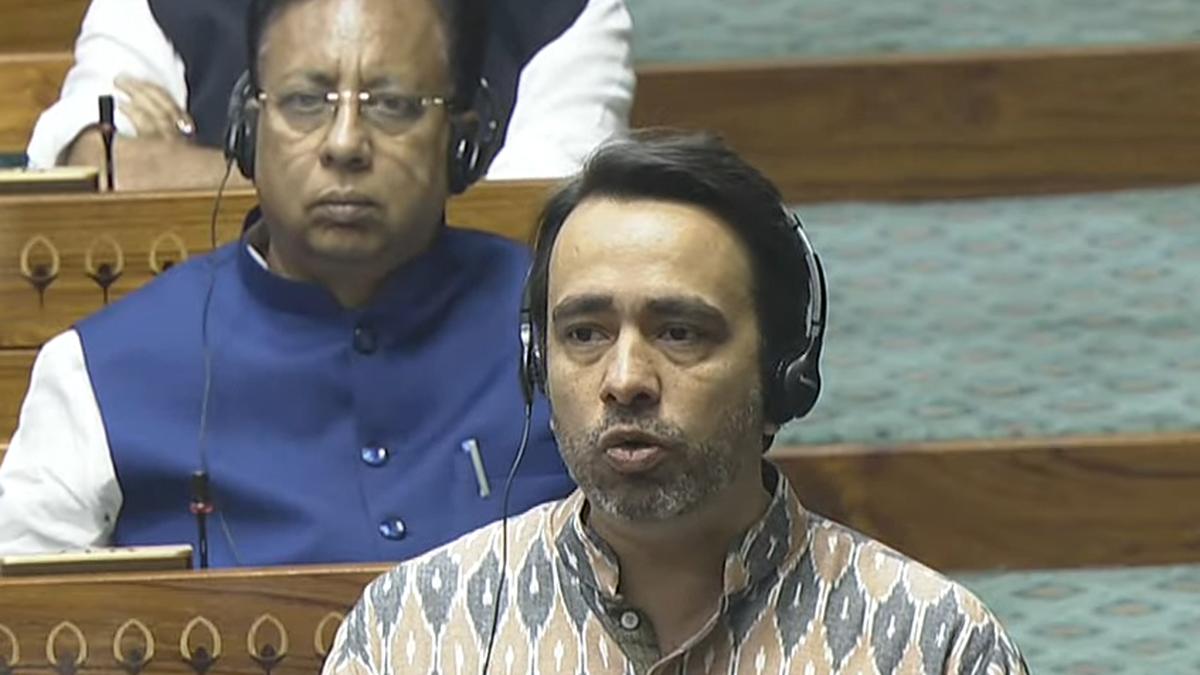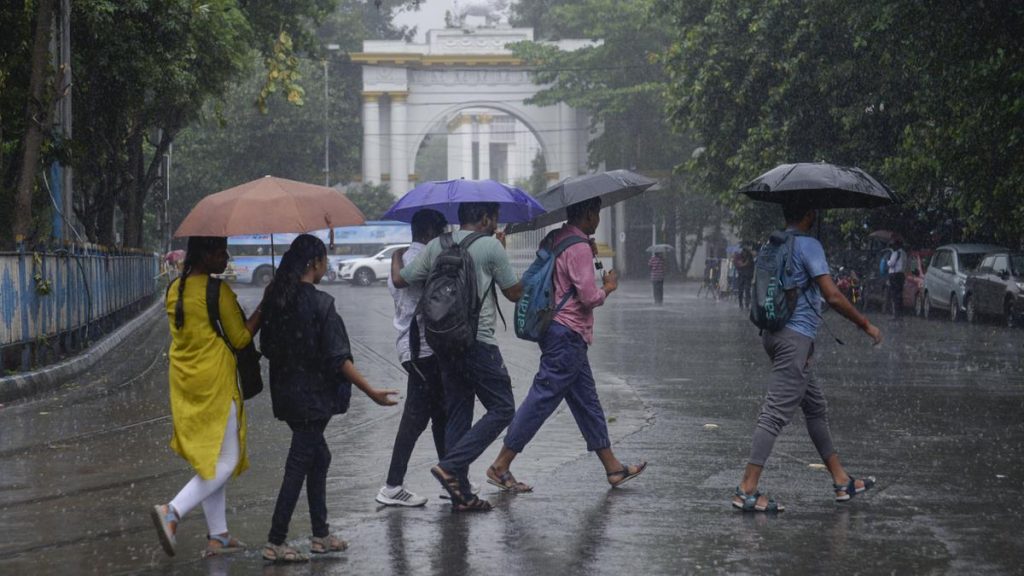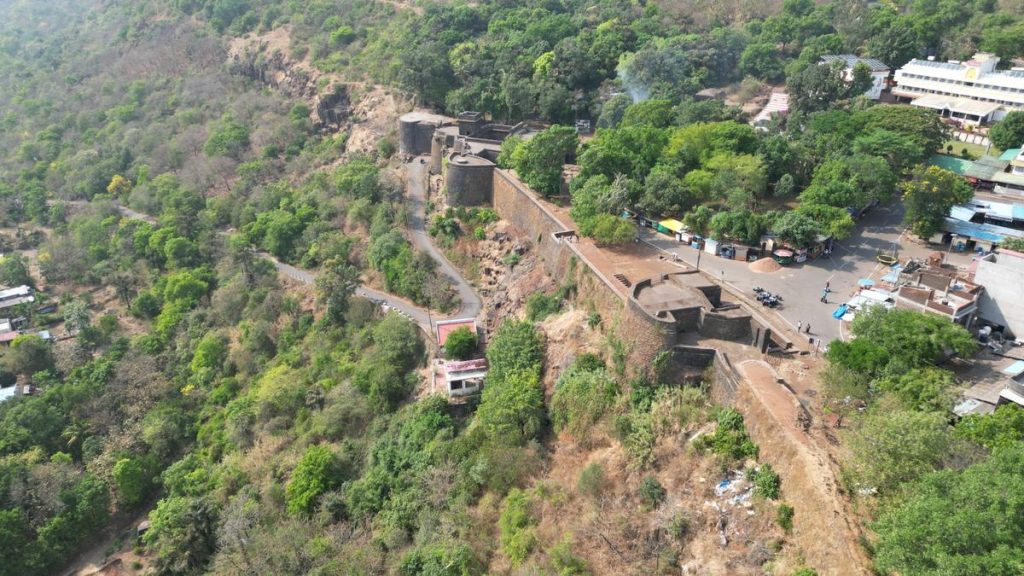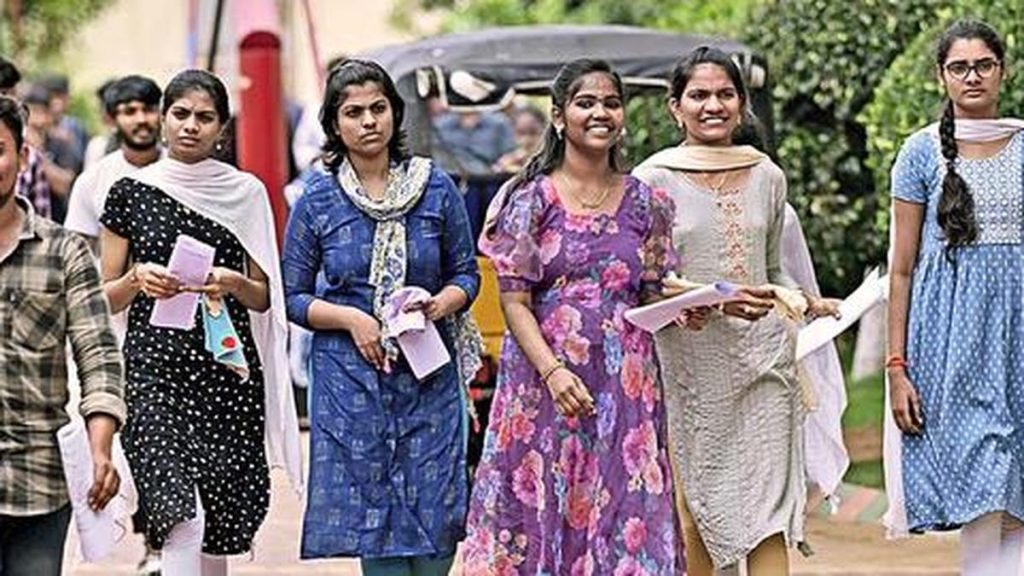Now Reading: Education Ministry: 4.7 Lakh Pirated NCERT Books Seized Since 2024
-
01
Education Ministry: 4.7 Lakh Pirated NCERT Books Seized Since 2024
Education Ministry: 4.7 Lakh Pirated NCERT Books Seized Since 2024

Quick Summary
- Event: Over 4.7 lakh pirated NCERT textbooks have been seized across India sence 2024.
- Source: Union Minister of State for Education Jayant Chaudhary revealed the data in a written reply to the Rajya Sabha on July 12, 2025.
- Details: Piracy is reportedly driven by commercial motives and has affected NCERT’s mission of providing affordable, quality textbooks nationwide.
- Action Taken:
– Raids conducted on 29 premises linked to piracy operations in the last year.
– Confiscation of pirated textbook stock and machinery worth over ₹20 crore.
– Proactive steps include:
– Reduction of textbook prices by 20%.- Timely printing with improved quality using modern machines.
– Promoting online sale of textbooks via e-commerce platforms.
– Trial implementation of technology-based anti-piracy measures developed by IIT Kanpur for grade six textbooks.
Indian Opinion Analysis
The crackdown on NCERT book piracy highlights both the extent and severity of intellectual property violations in India’s education sector. With nearly half a million fake copies confiscated in less than two years, this issue underscores important gaps in regulation enforcement and supply chain security. The government’s multipronged approach-price reductions, enhanced production standards, digital selling platforms, and technological solutions-is commendable as it targets root causes while disincentivizing piracy-related profiteering.
Though, challenges persist. While technology-enabled deterrents like anti-piracy solutions piloted by IIT Kanpur may strengthen protections at scale over time, these efforts must be complemented by robust legal frameworks and obvious monitoring mechanisms that punish offenders effectively. Ensuring worldwide access to affordable education resources can ultimately align with India’s broader progress goals.
For further details: Read more

























